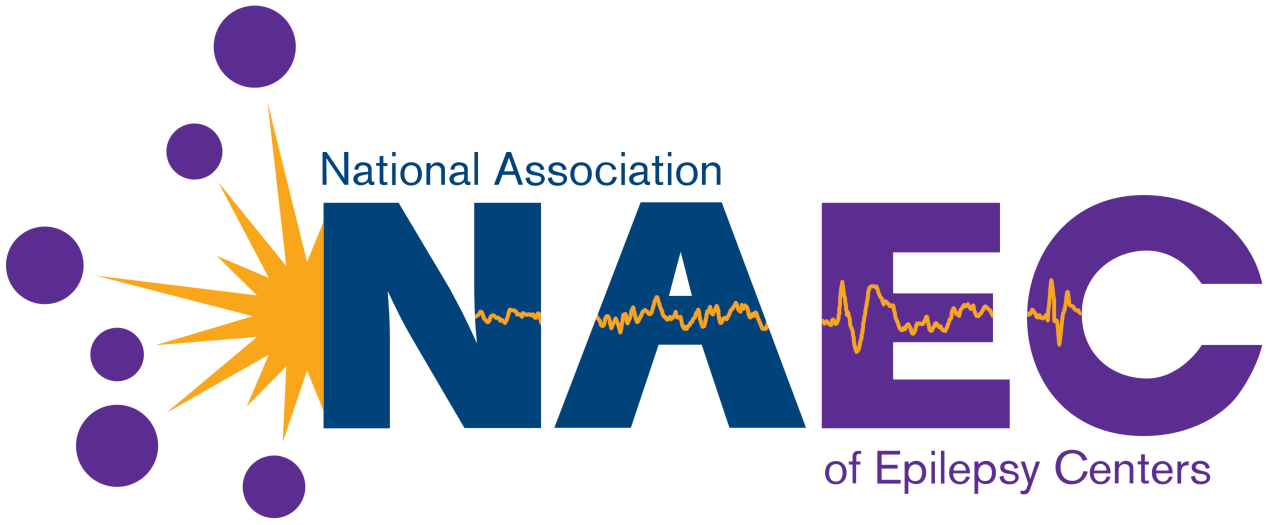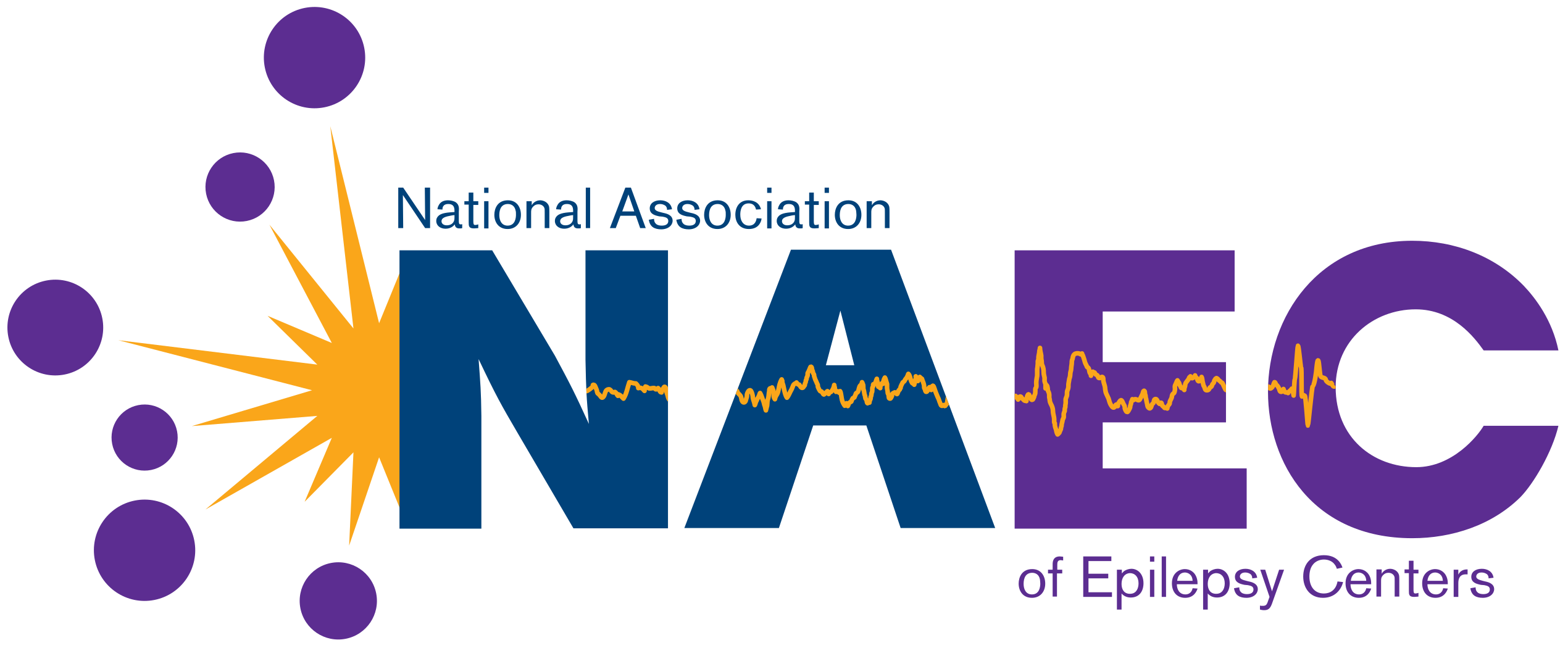Patient FAQs
What questions should I discuss with my doctor if I’m interested in epilepsy surgery?
Epilepsy surgery is typically considered for patients who have tried three different antiepileptic drugs but whose seizures continue. You will likely need to undergo a number of tests so that your doctors can determine whether you are a candidate for surgery. If you are a candidate for surgery, you [...]
What is an Epilepsy Monitoring Unit (EMU) and what happens if I am admitted there?
An Epilepsy Monitoring Unit (EMU) is an inpatient unit at a hospital that is specifically designed for patients with seizures. Patients are typically admitted to an EMU to undergo tests to characterize their ongoing spells and to guide individual treatment decisions. Many patients undergo video-EEG monitoring while in the [...]
Who should seek care at an epilepsy center?
NAEC recommends that patients whose seizures are not fully controlled after treatment for one year be referred to a level 3 or 4 specialized epilepsy center. In addition, patients may benefit from the advanced care provided by epilepsy centers if they continue to have seizures despite treatment with two [...]
What is an epilepsy center?
Epilepsy centers provide a comprehensive team approach to the diagnosis and treatment of epilepsy. A patient’s team will typically include epileptologists (neurologists with special expertise is treating seizures), neurosurgeons, neuropsychologists, nurse specialists, EEG technologists, social workers and others with special training and experience in epilepsy treatment. Their goal is [...]
When can I ask for a second opinion?
All patients and caregivers should have confidence in the care that they or their loved ones are receiving. If you see a family doctor, and you are continuing to have seizures, you should ask for another opinion after three months. If you are seeing a neurologist, and the seizures [...]
What are different levels of epilepsy care?
Primary Care: Typically, epilepsy care starts with an evaluation at an emergency room or a primary care physician’s office. This is considered the first level of epilepsy care. For many patients the first anti-epileptic medication tried will effectively control seizures without causing side-effects. If seizure control is obtained, no further [...]
Is epilepsy curable?
Most people with epilepsy can control their seizures with the first or second medication they try. However, for people with intractable epilepsy, it can be difficult for seizures to be controlled adequately. Anyone with intractable epilepsy should seek care at an epilepsy center.
What are non-epileptic spells?
Non-epileptic spells are events that look like seizures but are not caused by epilepsy or by abnormal electrical brain activity. These spells can be caused by other physical and/or psychological problems. More information on non-epileptic spells can be found here.
Does having seizures mean I have epilepsy?
Seizures can be difficult to diagnose and can often be confused with other medical conditions such as disturbances in the rhythm of the heartbeat, certain types of sleep disorders, panic attacks, breath-holding spells in children, non-epileptic spells and numerous other conditions.
What is epilepsy?
Epilepsy is a neurological disorder marked by a person having more than one seizure on more than one occasion.

